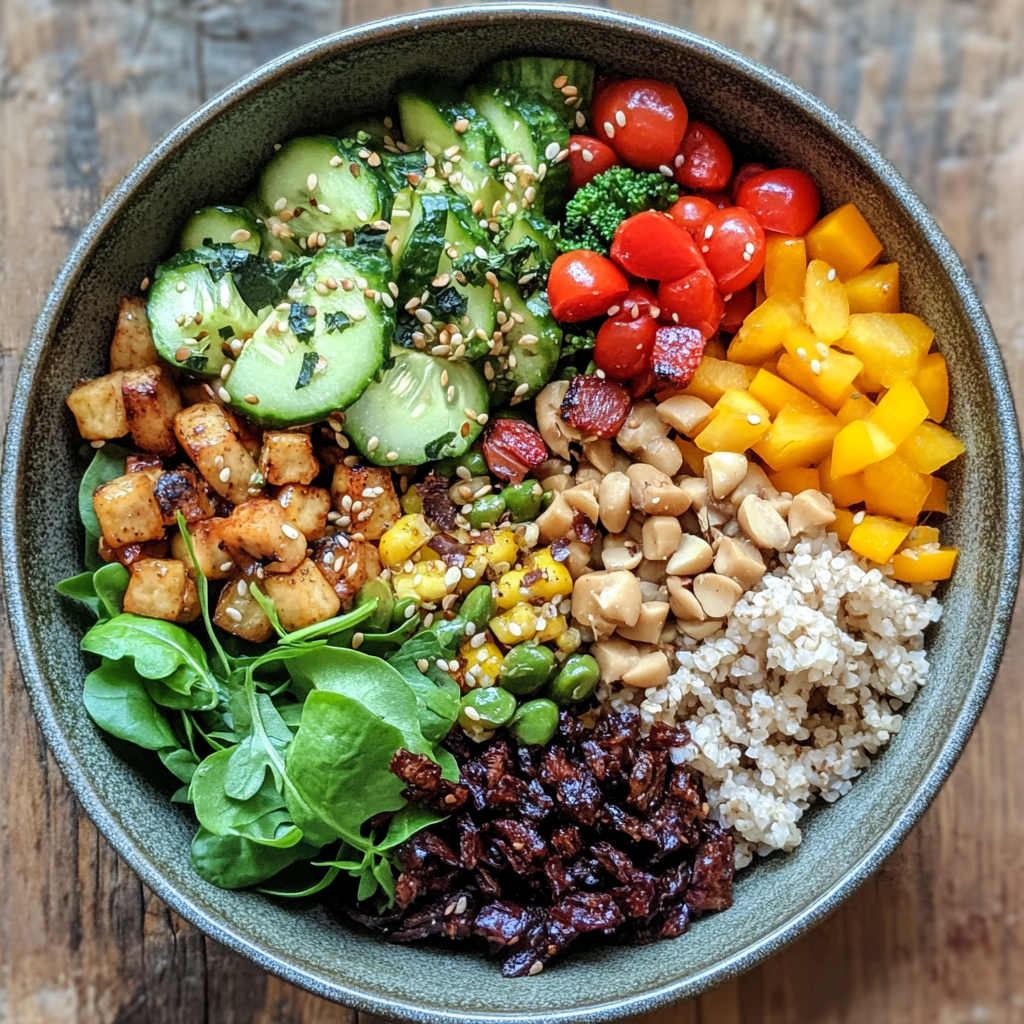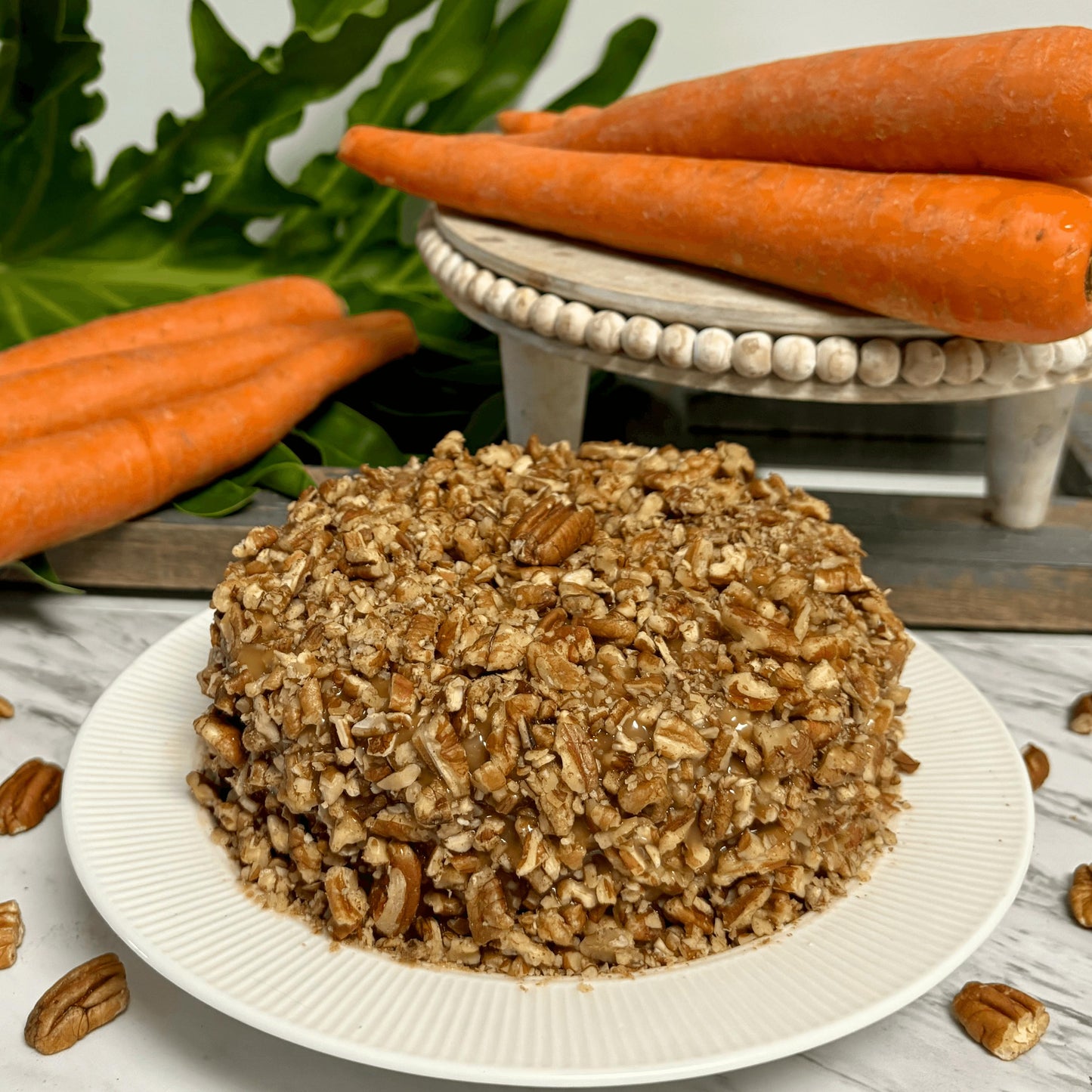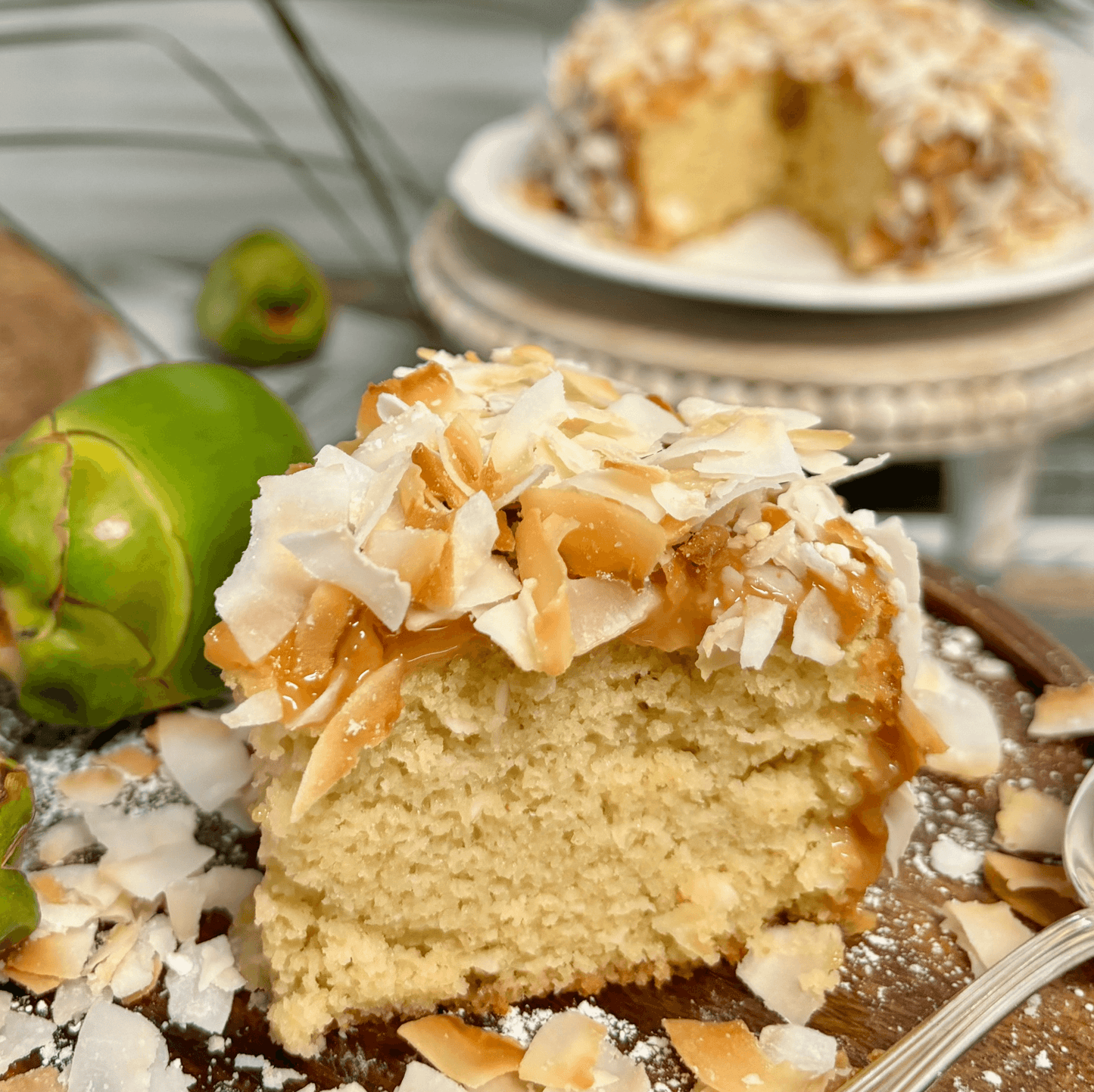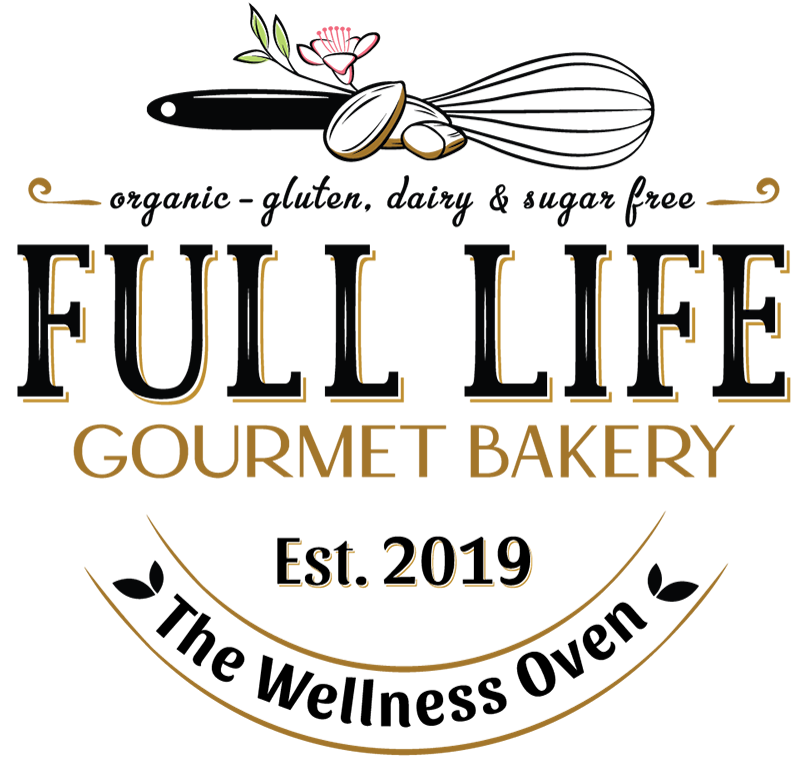
As concerns over health, environmental sustainability, and animal welfare grow, more individuals are adopting plant-based diets. This dietary shift involves excluding animal-derived ingredients such as eggs, dairy products, and meat, prompting a surge in research and product development to meet the demand for suitable alternatives. This article delves into the latest advancements in plant-based substitutes for eggs, dairy, and other animal-derived ingredients, examining their nutritional adequacy, environmental benefits, and potential health advantages. By exploring these alternatives, we aim to highlight how easy and beneficial transitioning to a plant-based diet can be for both individuals and the planet.
Nutritional Adequacy
Replacing animal-derived ingredients with plant-based alternatives raises concerns about nutritional adequacy. Eggs and dairy products are rich in proteins, vitamins, and minerals. Many plant-based alternatives are fortified to match these nutritional profiles, but it's crucial to choose products wisely and monitor dietary intake to ensure all nutritional needs are met.
Egg Alternatives
Eggs play various culinary roles, including binding, leavening, and flavoring. Innovation in the plant-based sector has produced numerous alternatives:
1. Chickpea Flour: Also known as besan, chickpea flour mixed with water can serve as a binder and is high in proteins and fiber.
2. Aquafaba: The liquid from canned chickpeas mimics the whipping properties of egg whites, perfect for meringues and mousses.
3. Flaxseed and Chia Seeds: These seeds form a gel-like consistency when mixed with water, acting as binding agents in baking.
4. Commercial Replacers: Products like “Just Egg” made from mung beans and “Simply Eggless” made from lupin beans resemble the taste and texture of scrambled eggs.
5. The Vegg: A powdered egg yolk substitute made from algal flour that can be used in various recipes.
Dairy Alternatives
Dairy products vary widely, from milk to cheese and yogurt. Plant-based alternatives are typically derived from nuts, seeds, legumes, or grains:
1. Milk Alternatives: Almond, soy, oat, and rice milks are popular choices. Soy milk closely matches cow’s milk in protein content, while oat milk is known for its creamy texture and sustainability. New options like pea milk (Ripple) and hemp milk are gaining popularity for their nutritional profiles and eco-friendliness.
2. Cheese Alternatives: Cashew cheese is favored for its creamy texture. Miyoko’s Creamery and Violife offer a variety of plant-based cheeses that melt and taste like dairy cheese. Nutritional yeast, often used for its cheesy flavor in sauces and sprinkles, is another option.
3. Yogurt Alternatives: Common options include coconut, almond, and soy yogurts, with soy being the most similar to dairy yogurt in protein content. Kite Hill and Silk offer high-protein yogurt alternatives.
4. Butter Alternatives: Margarine made from plant oils and spreads made from nuts and avocados serve as popular butter substitutes. Miyoko’s Vegan Butter and Earth Balance are leading brands in this category.
Meat Alternatives
Plant-based meat alternatives aim to replicate the texture, flavor, and nutritional content of animal meats:
1. Legume-Based: Products like Beyond Meat and Impossible Burger use pea protein or soy protein as a base, mimicking the taste and texture of meat.
2. Mycoprotein: Derived from fungi, mycoprotein is used in products like Quorn and is high in protein and fiber.
3. Seitan: Made from wheat gluten, seitan is high in protein and has a meat-like chewy texture.
4. Jackfruit and Tempeh: Whole-food options, with jackfruit mimicking shredded meat and tempeh being a fermented soy product rich in protein and fiber.
5. Meati Foods: Offers plant-based meats made from mycelium, providing high protein content and meat-like texture.
6. Tindle: A plant-based chicken alternative made from soy and wheat protein.
Health and Environmental Benefits
Switching to a plant-based diet offers numerous health and environmental benefits. Plant-based diets generally have a lower carbon footprint, reducing water usage and land consumption compared to diets high in animal products. Recent studies have shown that well-planned vegan diets can lower the risk of heart disease, hypertension, type 2 diabetes, and certain cancers. Additionally, these diets promote weight management and overall well-being.
Economic Considerations
The cost of plant-based alternatives can be a concern. However, economies of scale and technological advancements are gradually bridging the price gap. Simple homemade alternatives using legumes or grains can also be cost-effective.
Consumer Acceptance
Consumer acceptance of plant-based alternatives is on the rise. The success of products like Impossible Burger and Oatly illustrates a shift in consumer preference. Factors such as taste, texture, nutritional content, and price significantly influence consumer choices.
Challenges and Future Directions
Challenges remain in achieving the taste, texture, and nutritional equivalency of plant-based alternatives. Further research and technological advancements are necessary to develop products that closely mimic animal-derived ingredients. Educating consumers about the benefits and versatility of plant-based diets is essential to drive acceptance and adoption.
Conclusion
Exploring plant-based alternatives to eggs, dairy, and other animal-derived ingredients is an exciting and evolving field. Despite existing challenges, the sector shows great promise in terms of sustainability, health benefits, and consumer acceptance. Through innovation, education, and mindful choices, plant-based diets can be nutritionally adequate and significantly contribute to a sustainable food system. As professionals in the food industry, it is crucial to stay informed about the latest developments and positively contribute to this burgeoning sector.
Where to find them
In Florida, you can find these plant-based foods at the following stores: Publix, Whole Foods Market, Sprouts Farmers Market, Fresh Market, Winn-Dixie, and Target. Many of these products are also available online through Amazon and other online retailers.
Call to Action
We urge readers to evaluate their daily habits and consider incorporating more plant-based foods into their diets. By making small changes, such as replacing dairy milk with almond milk or trying a plant-based burger, you can improve your health and reduce your environmental footprint. Together, we can make a significant impact on our planet and our well-being.
7 Easy Plant-Based Recipes
1. Chickpea Flour Omelette (Lunch)
Ingredients:
- 1 cup chickpea flour
- 1 cup water
- 1/2 teaspoon turmeric
- 1/2 teaspoon baking powder
- 1/2 teaspoon salt
- 1/4 teaspoon black salt (kala namak)
- 1/4 cup chopped vegetables (onions, tomatoes, spinach)
- 1 tablespoon olive oil
Preparation:
1. Mix chickpea flour, water, turmeric, baking powder, salt, and black salt in a bowl until smooth.
2. Stir in chopped vegetables.
3. Heat olive oil in a non-stick pan over medium heat.
4. Pour the batter into the pan and cook for 2-3 minutes on each side until golden brown.
5. Serve warm with a side of salad.
2. Vegan Caesar Salad (Lunch)
Ingredients:
- 1 head romaine lettuce, chopped
- 1 cup croutons
- 1/4 cup vegan Parmesan cheese
Dressing:
- 1/2 cup vegan mayonnaise
- 2 tablespoons lemon juice
- 1 tablespoon Dijon mustard
- 2 tablespoons nutritional yeast
- 2 cloves garlic, minced
- Salt and pepper to taste
Preparation:
1. Whisk all dressing ingredients in a bowl until smooth.
2. Toss chopped lettuce with dressing until well coated.
3. Add croutons and vegan Parmesan cheese.
4. Serve immediately.
3. Lentil Soup (Lunch)
Ingredients:
- 1 cup dried lentils
- 1 onion, chopped
- 2 carrots, chopped
- 2 celery stalks, chopped
- 2 garlic cloves, minced
- 6 cups vegetable broth
- 1 teaspoon cumin
- 1 teaspoon smoked paprika
- Salt and pepper to taste
- 2 tablespoons olive oil
Preparation:
1. Heat olive oil in a large pot over medium heat.
2. Add onion, carrots, and celery; sauté for 5-7 minutes until softened.
3. Add garlic, cumin, and smoked paprika; cook for another 2 minutes.
4. Stir in lentils and vegetable broth.
5. Bring to a boil, then reduce heat and simmer for 30 minutes until lentils are tender.
6. Season with salt and pepper to taste.
7. Serve hot.
4. Spaghetti with Cashew Alfredo Sauce (Dinner)
Ingredients:
- 1 pound spaghetti
- 1 cup raw cashews, soaked in water for 4 hours
- 2 cloves garlic
- 1 cup water
- 2 tablespoons nutritional yeast
- 1 tablespoon lemon juice
- Salt and pepper to taste
Preparation:
1. Cook spaghetti according to package instructions.
2. Drain and rinse soaked cashews.
3. Blend cashews, garlic, water, nutritional yeast, lemon juice, salt, and pepper until smooth.
4. Toss cooked spaghetti with cashew Alfredo sauce.
5. Serve warm, garnished with fresh herbs.
5. BBQ Jackfruit Tacos (Dinner)
Ingredients:
- 2 cans young green jackfruit in brine, drained and rinsed
- 1 cup BBQ sauce
- 1 tablespoon olive oil
- 1 onion, sliced
- 8 small tortillas
- 1 cup shredded lettuce
- 1/2 cup diced tomatoes
Preparation:
1. Shred jackfruit using a fork.
2. Heat olive oil in a pan over medium heat.
3. Add onion and sauté until translucent.
4. Add shredded jackfruit and BBQ sauce; cook for 15 minutes until heated through.
5. Warm tortillas in a separate pan.
6. Assemble tacos with jackfruit mixture, lettuce, and tomatoes.
7. Serve immediately.
6. Vegan Chocolate Mousse (Dessert)
Ingredients:
- 1 can coconut milk (chilled overnight)
- 1/2 cup dark chocolate chips
- 2 tablespoons maple syrup
- 1 teaspoon vanilla extract
Preparation:
1. Scoop the solid part of the chilled coconut milk into a mixing bowl.
2. Melt dark chocolate chips in a microwave or double boiler.
3. Add melted chocolate, maple syrup, and vanilla extract to the coconut cream.
4. Whisk until smooth and fluffy.
5. Spoon into serving dishes and chill for 1 hour before serving.
7. Chia Pudding (Dessert)
Ingredients:
- 1/4 cup chia seeds
- 1 cup almond milk
- 1 tablespoon maple syrup
- 1/2 teaspoon vanilla extract
- Fresh berries for topping
Preparation:
1. Mix chia seeds, almond milk, maple syrup, and vanilla extract in a bowl.
2. Let it sit for 10 minutes, then stir again to prevent clumping.
3. Cover and refrigerate for at least 2 hours or overnight.
4. Serve chilled, topped with fresh berries.
Where to find them
In Florida, you can find the ingredients for these recipes at the following stores: Publix, Whole Foods Market, Sprouts Farmers Market, Fresh Market, Winn-Dixie, and Target. Many of these products are also available online through Amazon and other online retailers.
By incorporating these simple and delicious plant-based recipes into your daily routine, you can enjoy the health benefits and environmental advantages of a vegan diet while delighting your taste buds. Let's embrace a healthier, more sustainable lifestyle—one plate at a time.
By Guillermo Brillembourg




